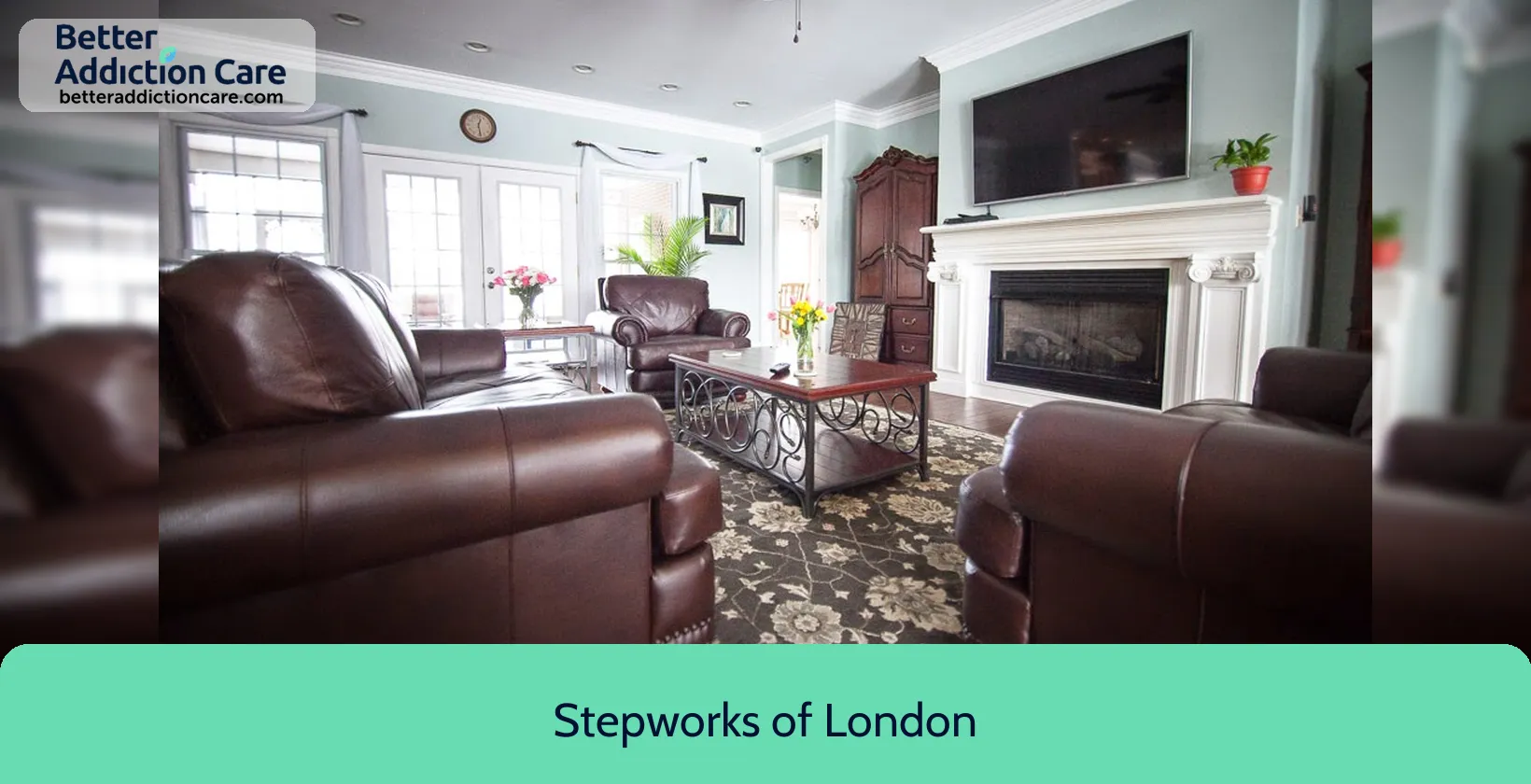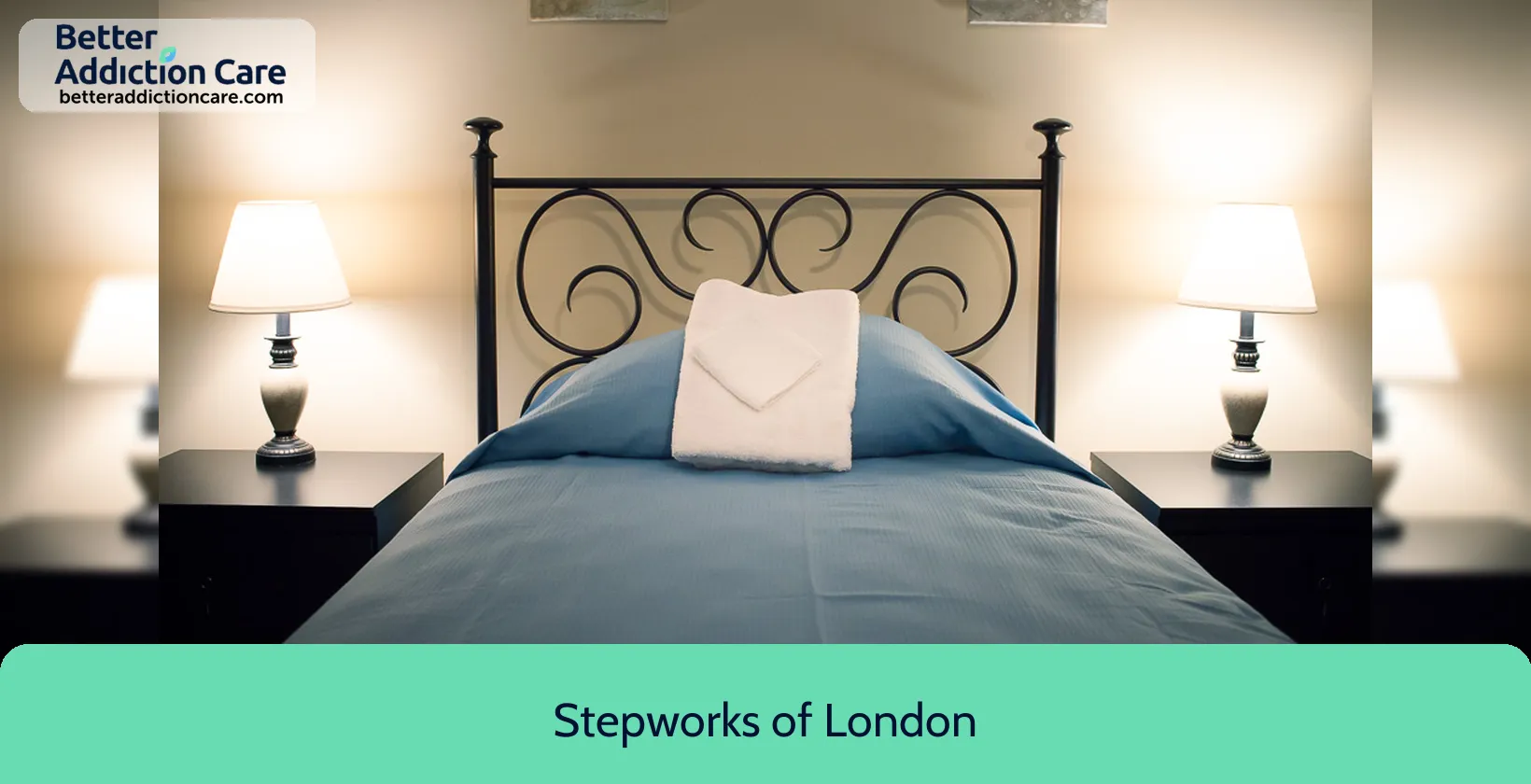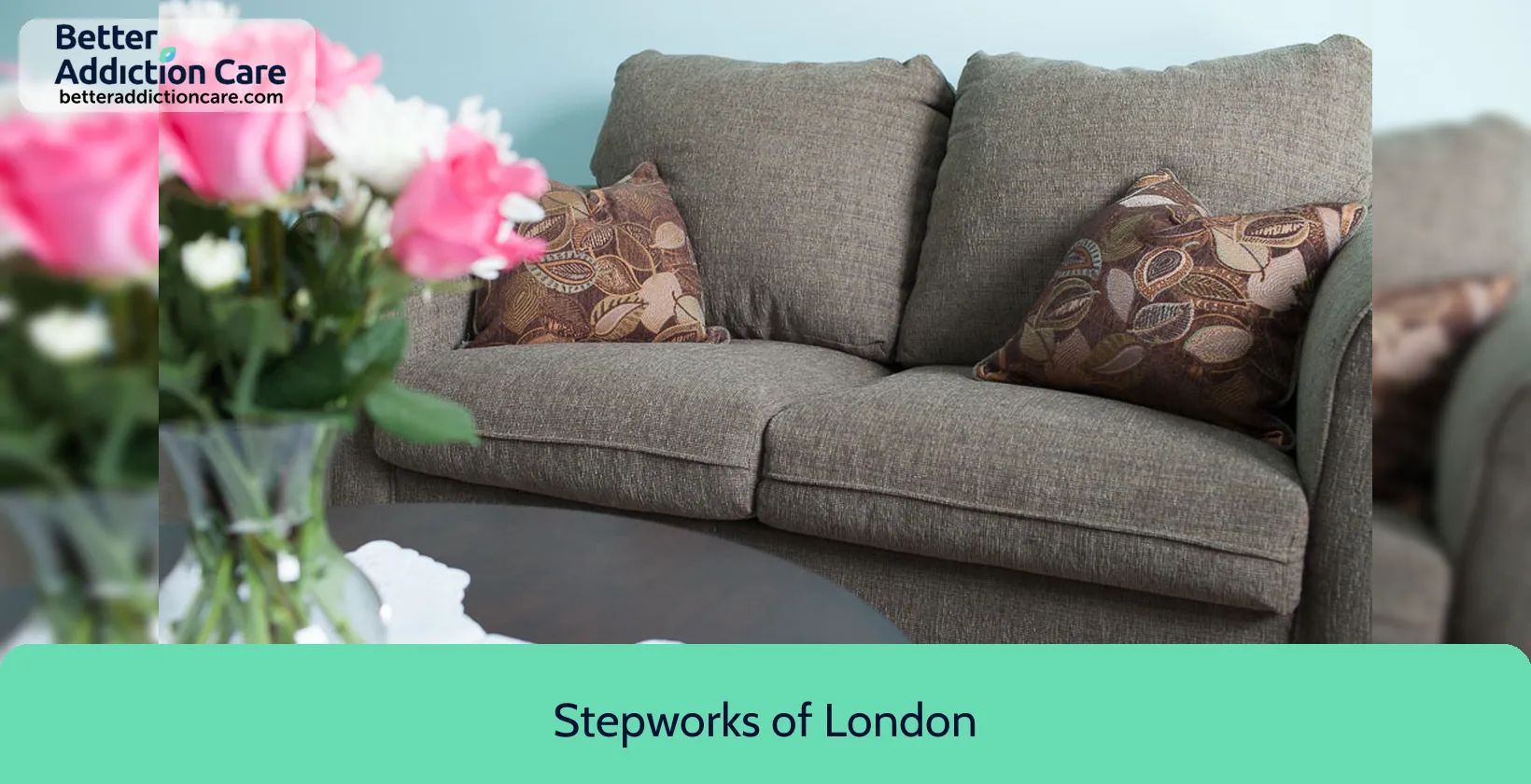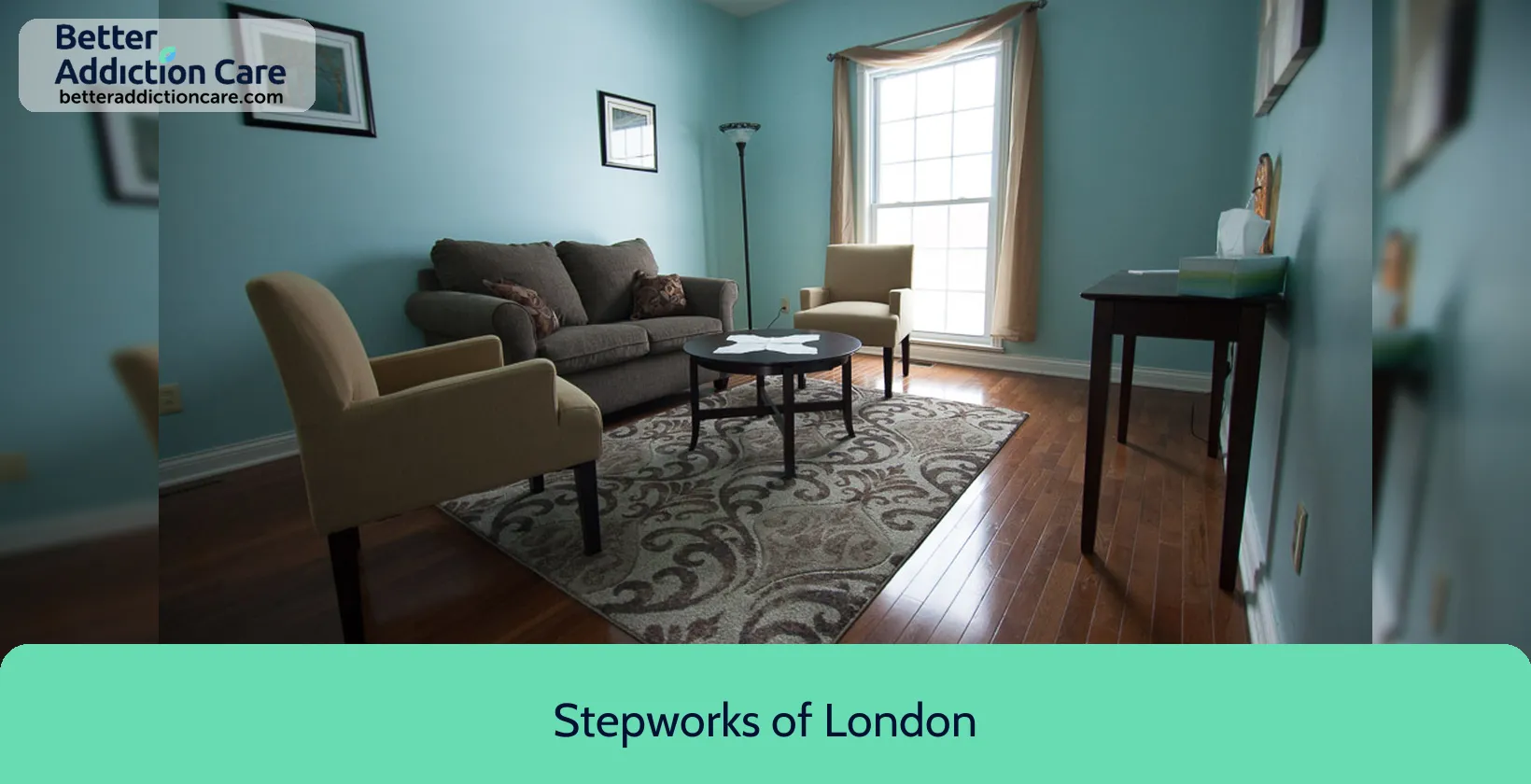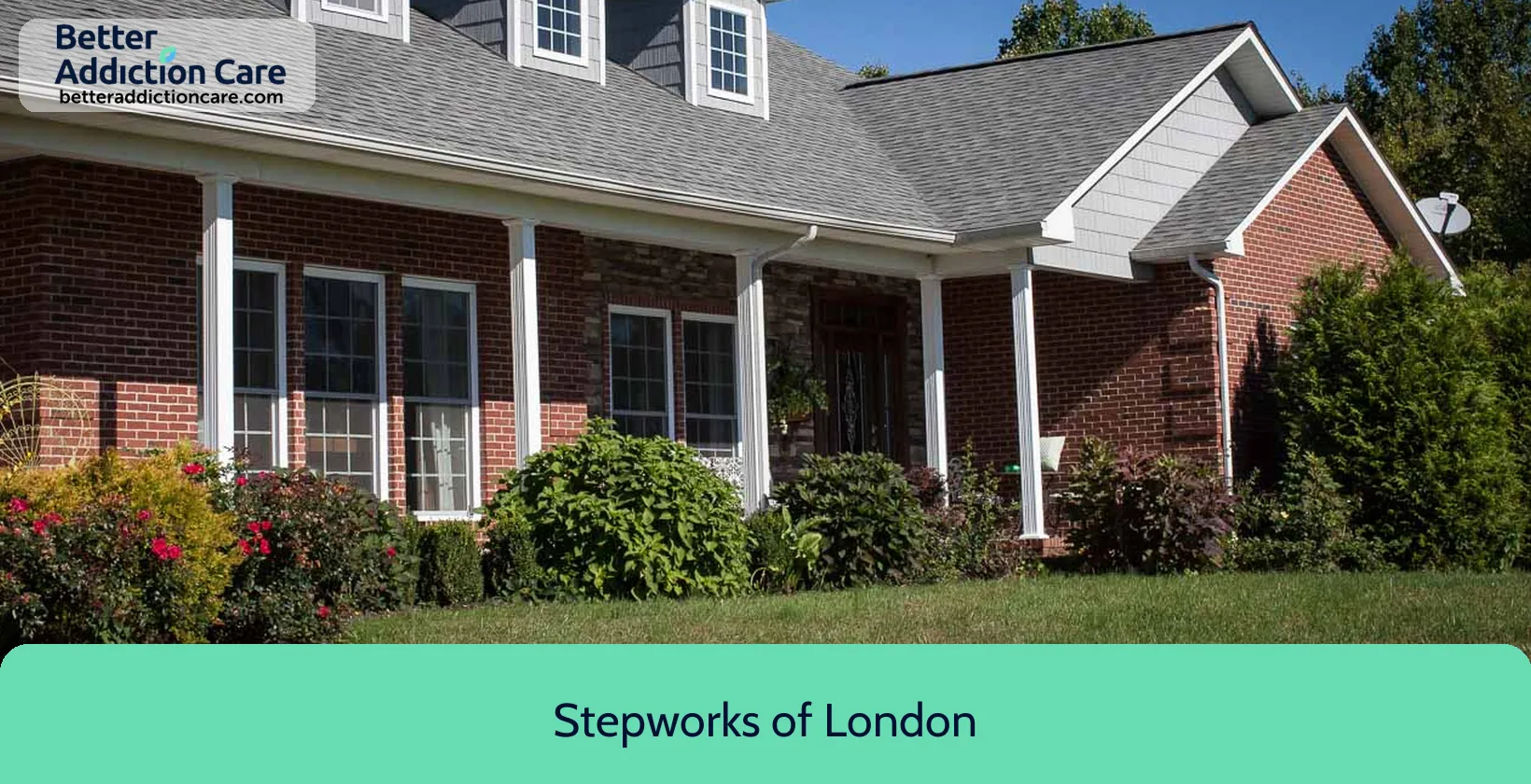Stepworks of London
Overview
The flagship institution of Stepworks' five campuses devoted to adult drug abuse treatment is Stepworks of London, which is situated in the tranquil countryside of London, Kentucky. This institution is unusual in that it serves only guys and provides a customized residential recovery program tailored to the requirements of men who are battling addiction.
Detoxification under medical supervision is often the first step in Stepworks' treatment programs. Stepworks offers buprenorphine/naloxone for people in need in order to help with the symptoms of withdrawal and facilitate a more seamless transition into recovery. In order to ensure that clients are medically stable before advancing to more extensive therapeutic treatments, the detox phase is an essential first stage in the recovery process.
Clients go into the residential treatment program after detox. The daily therapeutic groups that are the foundation of this program's framework include participants in recovery-focused conversations and exercises meant to better understand and manage their addiction. A qualified therapist's individual therapy sessions and routine meetings with medical experts are essential components of the treatment plan that guarantee each client's progress is continuously monitored and modified as necessary. Practical life skills are also included into the daily schedule to assist clients lay the groundwork for a self-sufficient, healthy life after recovery, such as cooking meals in groups.
Stepworks of London is unique in that it places a strong focus on family engagement in the healing process. Family therapy sessions are recommended because they provide a safe environment for loved ones to go through their experiences, understand the nature of addiction, and get the help they need to recover with the client. This all-encompassing strategy emphasizes the idea that addiction impacts the whole family, not just the addict.
Many insurance policies are accepted by Stepworks of London, such as Aetna, CareSource, Passport Health Plan, WellCare, Cigna, Anthem, Humana, and Optum. Medicaid and Medicare customers are also accepted at the institution. In order to make sure that access to critical treatment services is not hampered by financial constraints, the staff is ready to help those without insurance enroll in Medicaid after being admitted.
The foundation of Stepworks' philosophy is the conviction that addiction is a medical condition rather than a moral fault. Established more than ten years ago, the goal of Stepworks is to support individuals in their recovery from addiction by emphasizing customized treatment as opposed to a one-size-fits-all strategy. This aim is motivated by the knowledge that addiction affects all facets of a person's life and that recovery requires a comprehensive strategy that takes into account these complex issues. Stepworks has reinforced the idea that there is always a route to recovery by helping countless people and families find hope and healing via their programs.
With its CARF accreditation, Stepworks of London can guarantee that its facility adheres to the highest standards of care in the area of addiction treatment. Furthermore, as of July 2020, the facility has received LegitScript verification, which demonstrates its continued dedication to provide ethical, safe, and effective treatment services.
Stepworks of London at a Glance
Payment Options
- Cash or self-payment
- Medicaid
- Medicare
- State-financed health insurance plan other than Medicaid
- Private health insurance
Assessments
- Screening for tobacco use
- Comprehensive mental health assessment
- Comprehensive substance use assessment
- Outreach to persons in the community
- Screening for mental disorders
Age Groups
- Seniors or older adults
- Young adults
- Adults
Ancillary Services
- Case management service
- Suicide prevention services
- Mental health services
- Social skills development
Highlights About Stepworks of London
7.72/10
With an overall rating of 7.72/10, this facility has the following balanced range of services. Drug Rehab and Detox: 8.77/10, Alcohol Rehabilitation: 8.00/10, Treatment Options: 7.70/10, Insurance and Payments: 6.40/10.-
Drug Rehab and Detox 8.77
-
Alcohol Rehabilitation 8.00
-
Treatment Options 7.70
-
Insurance and Payments 6.40
Accreditations
SAMHSA certification for opioid treatment program (OTP):
SAMHSA's Opioid Treatment Programs (OTP) Accreditation is a rigorous recognition process, signaling an OTP's commitment to high-quality care for those with opioid use disorders. It assures patients, families, and the community that the program adheres to evidence-based practices, maintains a safe environment, and employs qualified staff. This accreditation represents a commitment to addressing the opioid epidemic and promoting recovery, symbolizing quality and accountability in opioid addiction treatment.
Commission on Accreditation of Rehabilitation Facilities (CARF):

CARF accreditation is a globally recognized certification for rehabilitation and human service organizations. It signifies that an organization meets high-quality standards and is committed to providing top-level care. Achieving CARF accreditation involves a rigorous evaluation process, including on-site surveys. This accreditation enhances an organization's reputation, instills trust in clients and funders, and encourages ongoing excellence in the field.
Registration: 268305
LegitScript:

Only programs and services that successfully navigate a stringent application process launched in 2018 are granted LegitScript certification. This stringent process ensures that only reputable providers of mental health and co-occurring substance abuse treatment are eligible to be featured on Google's network while complying with HIPAA privacy laws.
Treatment At Stepworks of London
Treatment Conditions
- Alcoholism
- Mental health treatment
- Substance use treatment
- Co-occurring Disorders
- Opioid Treatement
Care Levels
- Hospital inpatient treatment
- Short-term residential
- Long-term residential
- Residential detoxification
- Aftercare
Treatment Modalities
- Cognitive behavioral therapy
- Telemedicine/telehealth therapy
- Substance use disorder counseling
- Trauma-related counseling
- Smoking/vaping/tobacco cessation counseling
Ancillary Services
Additional Services
- Pharmacotherapies administered during treatment
- Mentoring/peer support
- Breathalyzer or blood alcohol testing
Special Programs
- Clients with co-occurring mental and substance use disorders
- Veterans
- Clients with HIV or AIDS
- Clients who have experienced trauma
- Clients who have experienced sexual abuse
Get Help Now
Common Questions About Stepworks of London
Contact Information
Other Facilities in London

6.96

6.71

7.08

6.65
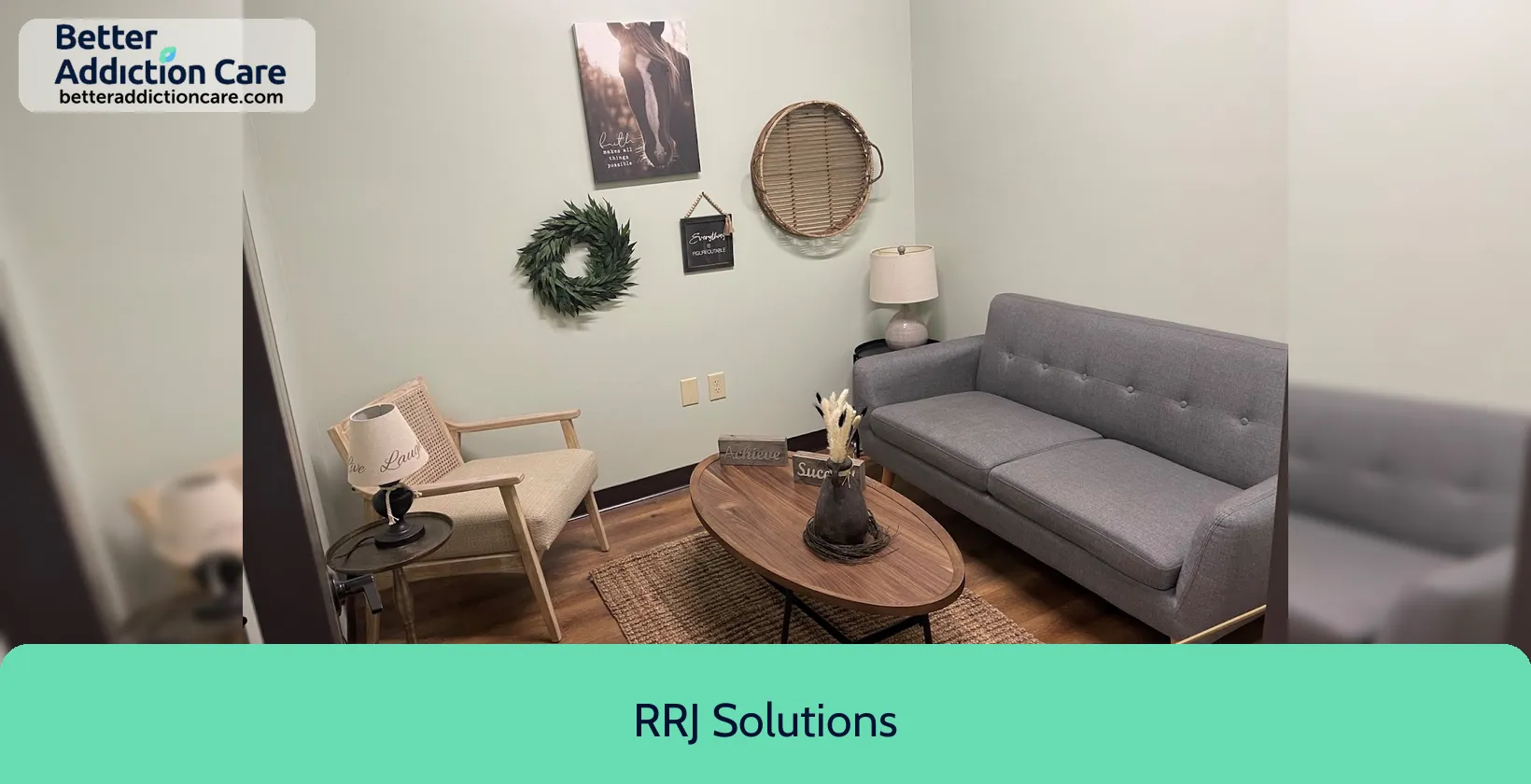
7.02
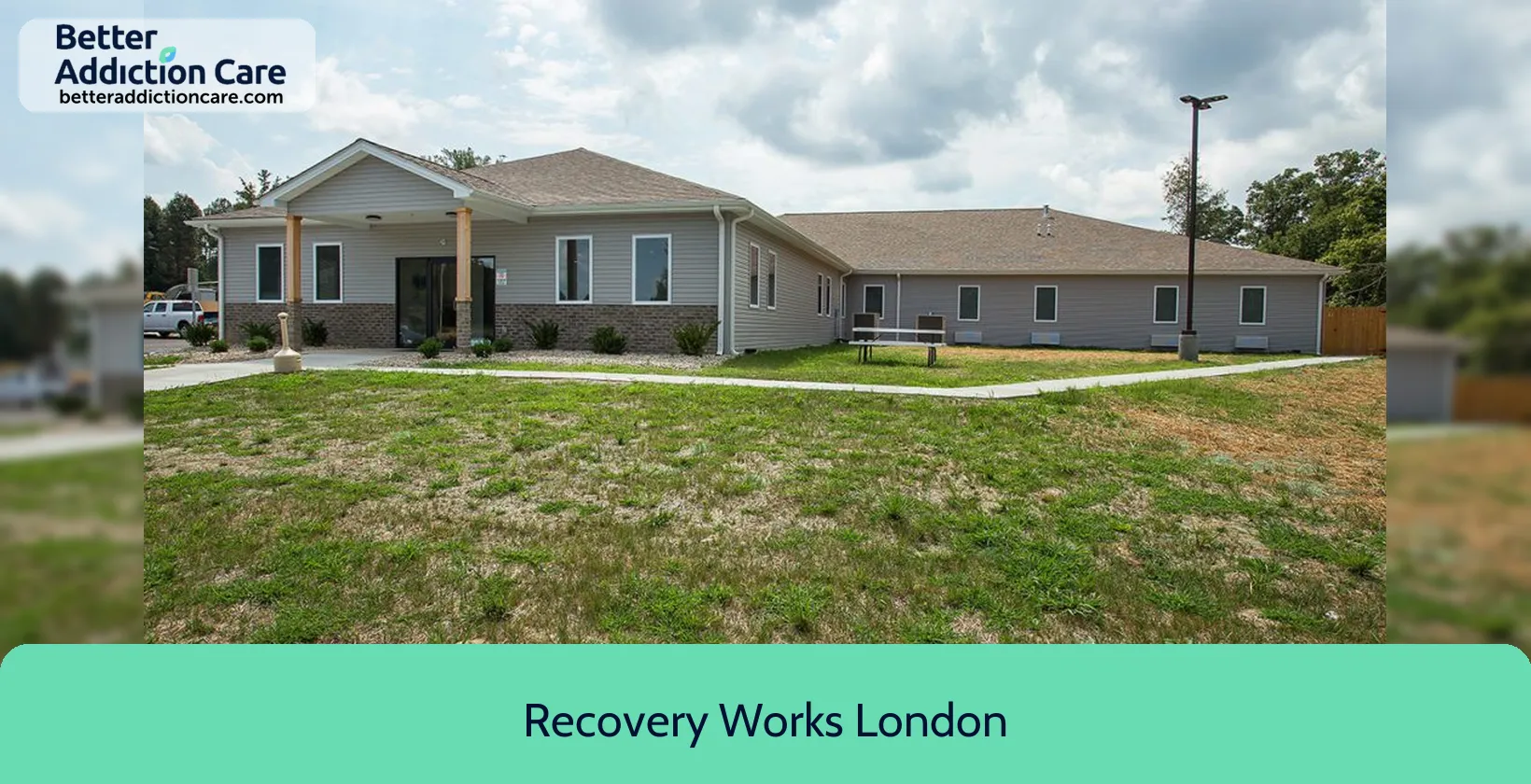
7.62
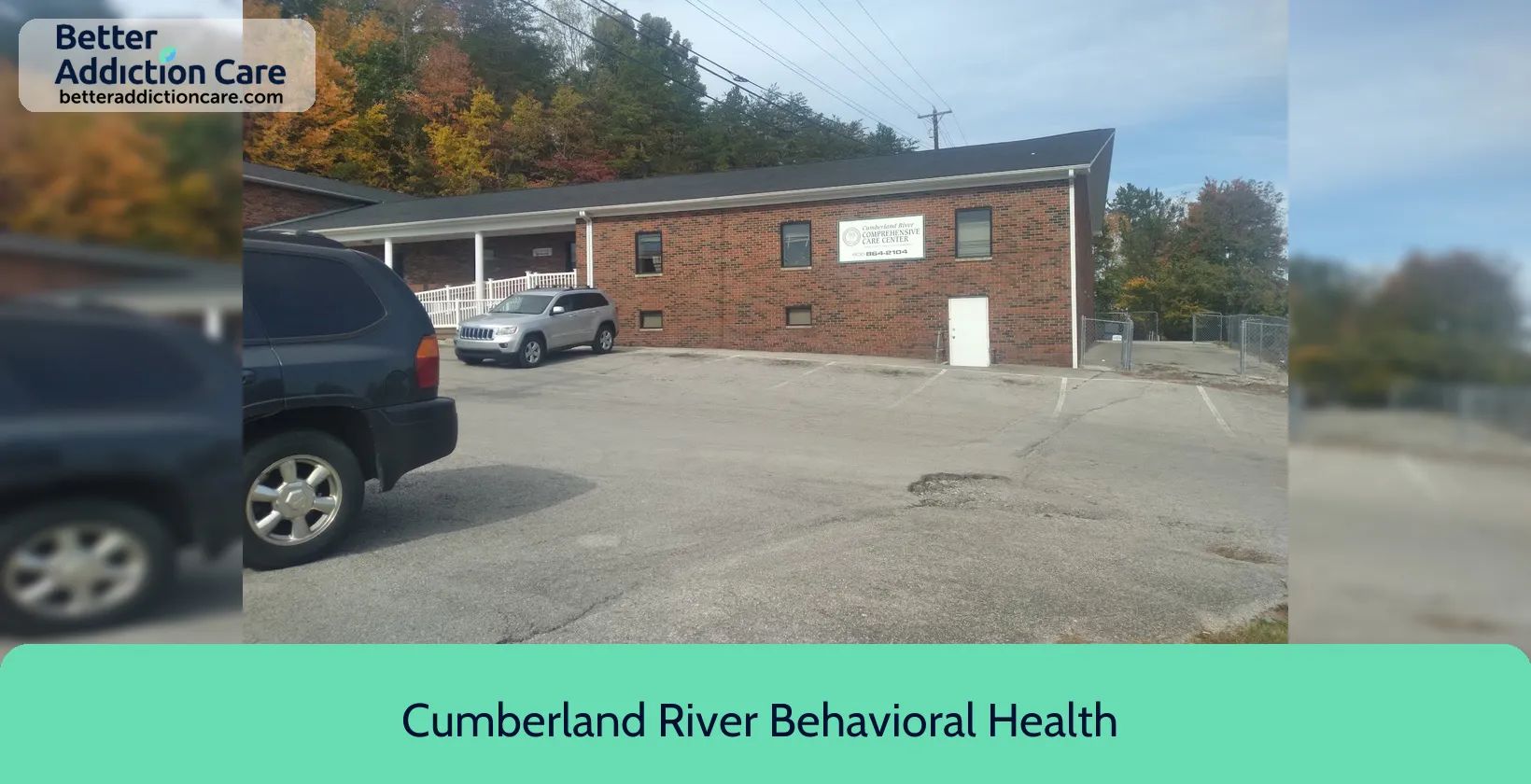
7.03
DISCLAIMER: The facility name, logo and brand are the property and registered trademarks of Cumberland River Behavioral Health - COMPASS, and are being used for identification and informational purposes only. Use of these names, logos and brands shall not imply endorsement. BetterAddictionCare.com is not affiliated with or sponsored by Cumberland River Behavioral Health - COMPASS.
